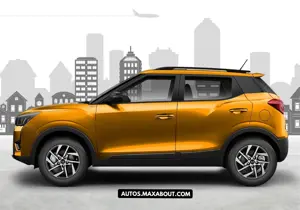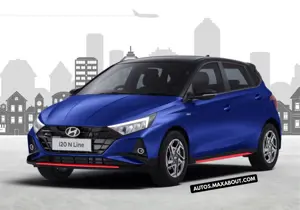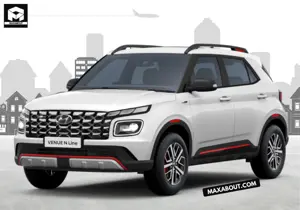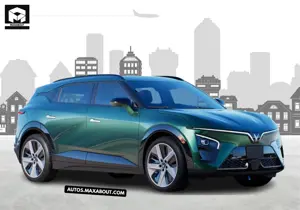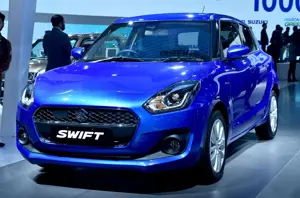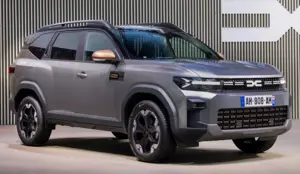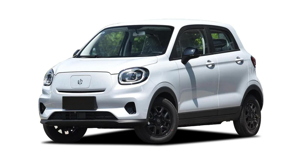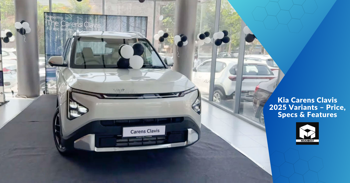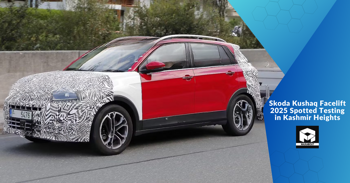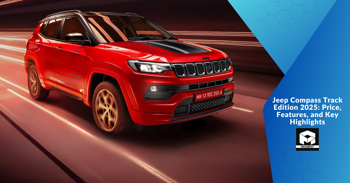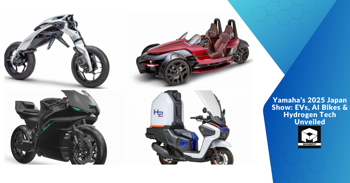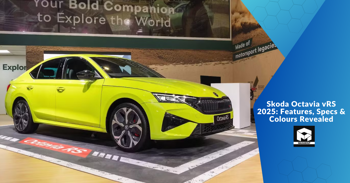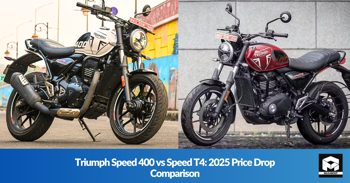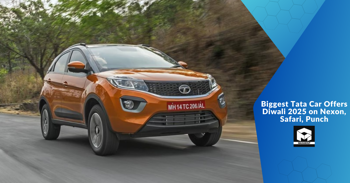Why has the Hilux continued to sell well in developing nations despite a hail of negative press?
Then there is the Toyota Hilux which is very popular in developing countries because of it being kind of a workhorse, which can go anywhere, can tolerate anything. Toyota perhaps designed and equipped the Hilux for this widespread use in challenging environments. All the way from its suspension setup to the engines it offers, a massive chunk of the Hilux seems to have been designed with reliability and functionality in mind in conditions which aren’t favourable. But that emphasis on ruggedness and simplicity may also come at the expense of some of the modern creature comforts and features that have become standard on pickup trucks destined for developed markets. Now let’s see how the Hilux’s success in poorer countries influenced its overall design philosophy, and feature set.
That's the strength of the Hilux in its simplicity. That means fewer electronics and luxury features that will be breaking down in harsh conditions.
Most Popular Cars
Based on Cars Popular on Maxabout
Mahindra XUV300 W4 TurboSport
₹ 9,30,500
1096 Views
Hyundai i20 N Line N6 DCT Dual Tone
₹ 11,33,800
786 Views
Hyundai Venue N Line N8 DCT
₹ 13,81,800
847 Views Recently Added Cars
New Cars Added On Maxabout
VinFast VF7 Sky Infinity
₹ 25,49,000
458 Views
VinFast VF7 Sky
₹ 24,99,000
435 Views
VinFast VF7 Wind Infinity
₹ 23,99,000
458 Views Upcoming Cars
Exciting Upcoming Cars
Maruti Swift Hybrid
₹ 10,00,000
1586 Views
Renault Boreal Bigster SUV
₹ 13,00,000
1654 Views
Leapmotor T03
₹ 8,00,000
1174 Views Discussions and Questions Why Has The Hilux Continued To Sell Well In Developing Nations Despite A Hail Of Negative Press
Ask a Question
Latest News
Recently Added News
Jeep Compass Track Edition 2025: Price, Features, and Key Highlights
Friday, 10 October 2025 4:33 AM
